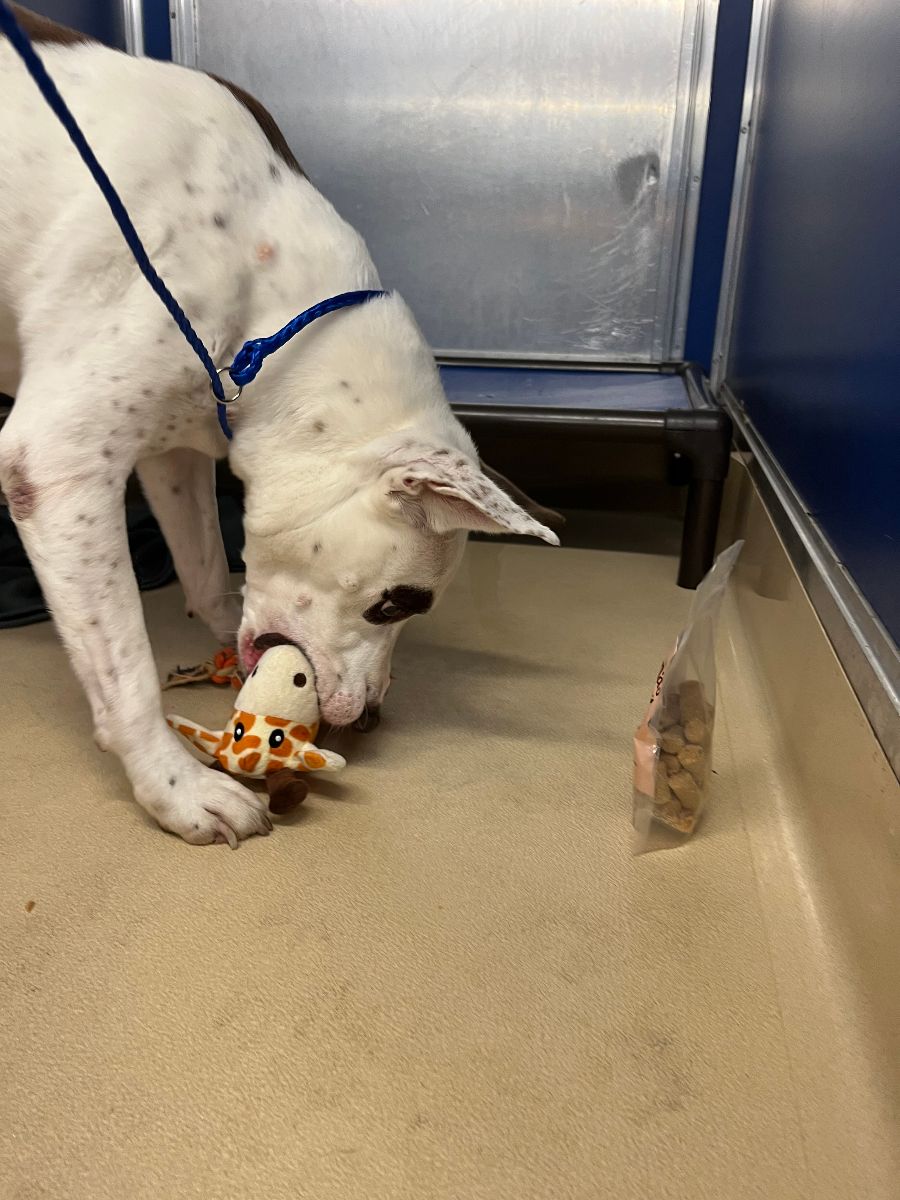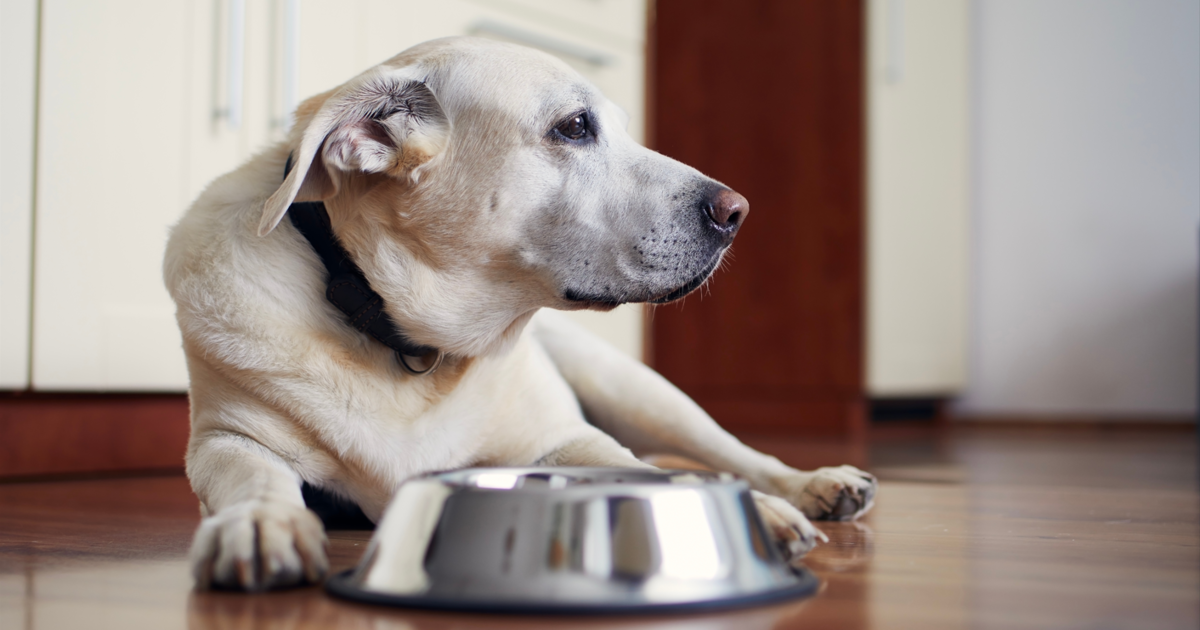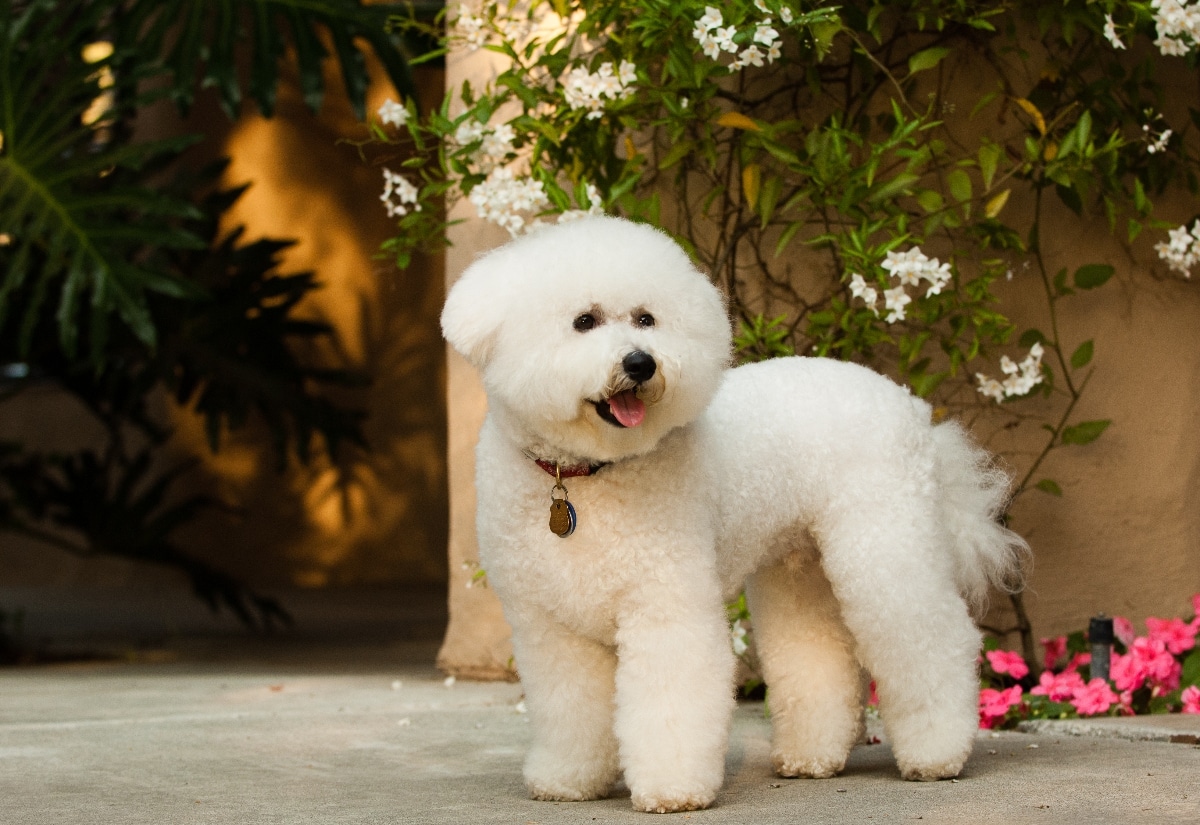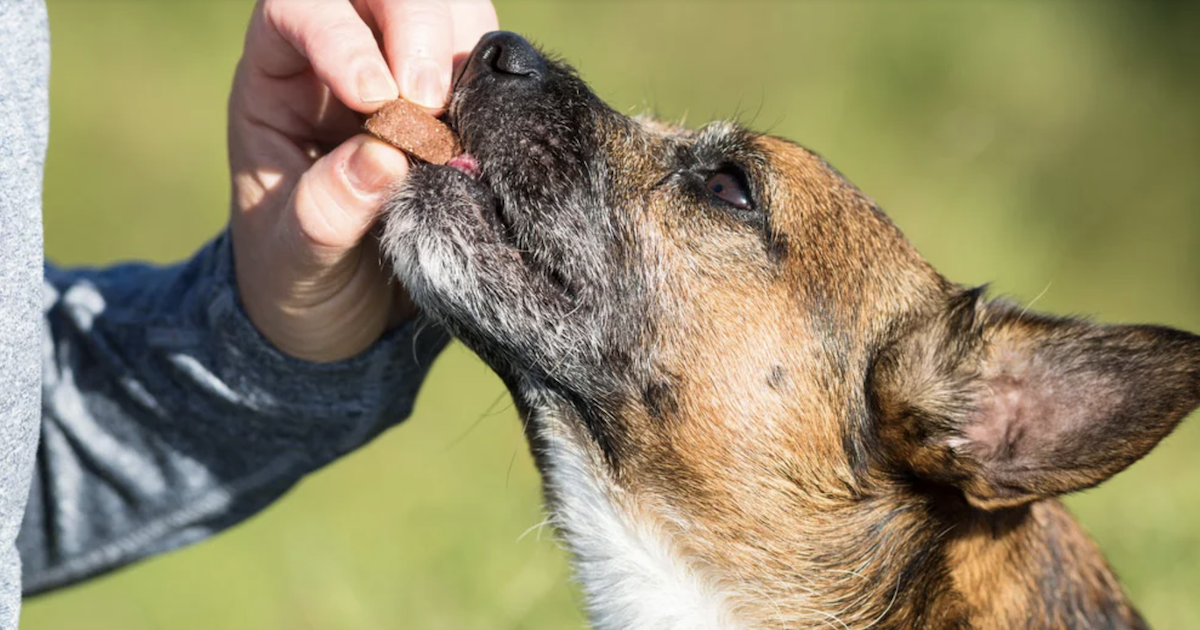If you’re a dog parent, you probably wonder about sharing your food with your furry friend. Some human foods are perfectly safe, while others can be a big no-no. One food that often sparks questions is eggplant. So, can dogs eat eggplant? Let’s dig into the details and find out.
Key Takeaways
- Eggplant is generally safe for dogs in small, cooked portions.
- Eggplant can cause digestive upset if eaten in large amounts.
- Solanine toxicity can be a concern, especially with raw eggplant.
- Prepare eggplant properly before serving it to avoid harmful chemicals.
- Monitor your dog after trying eggplant for the first time.
Table of Contents
- Can Dogs Eat Eggplant? Safe or Risky?
- 1. Eggplant Is Safe for Dogs in Moderation
- 2. Be Aware of Solanine in Raw Eggplant
- 3. Benefits of Eggplant for Dogs: Packed with Nutrients
- 4. Potential Side Effects: What to Watch For
- 5. Eggplant Preparation: How to Make It Dog-Friendly
- 6. Should You Make Eggplant a Regular Part of Your Dog’s Diet?
- Final Thoughts
Can Dogs Eat Eggplant? Safe or Risky?
Whether you’re looking to add a bit of variety to your dog’s diet or you’re just curious about what they can eat, it’s important to know which foods are safe. Eggplant is one of those foods that may be a little surprising—many dog owners aren’t sure if it’s a healthy treat for their pets. The good news is, in most cases, eggplant is safe for dogs to eat in moderation. But like any new food, there are a few things you should know before serving it up.
1. Eggplant Is Safe for Dogs in Moderation
Eggplant, also known as aubergine, is a low-calorie vegetable that’s packed with fiber, vitamins, and antioxidants, like vitamin C and K. It’s a great source of potassium and has a good amount of water content, which can support your dog’s hydration.
While it’s generally safe for dogs, moderation is key. Too much eggplant can cause stomach upset, including diarrhea or vomiting. Dogs are more sensitive to changes in their diet than humans, so a small portion is usually best.
How to Serve Eggplant to Your Dog
Before you give your dog a bite, make sure the eggplant is cooked and free of any spices or additives. Boil, steam, or bake it without any oils, salts, or seasonings. You can offer small, bite-sized pieces as a snack or mix it into their regular meals.
Tip: You’ll want to remove the skin, especially if you’re using raw eggplant, since it may be tough for your dog to digest (and it can contain solanine, a toxic compound).
2. Be Aware of Solanine in Raw Eggplant
One big concern with eggplant, especially raw eggplant, is a compound called solanine. This natural toxin is found in the nightshade family of plants, which includes eggplant, tomatoes, and potatoes. Solanine can be harmful to dogs in large quantities and cause symptoms like lethargy, vomiting, and diarrhea.
Don’t panic, though. Solanine levels are much lower in eggplant compared to other nightshades like green potatoes, and most dogs would need to eat quite a bit of raw eggplant to experience negative effects. Still, it’s best to avoid giving your dog raw eggplant.
The Takeaway
If you plan to feed eggplant to your dog, always cook it first to break down the solanine and make it safer to digest. This will help avoid any potential toxicity while still offering the health benefits of eggplant.
3. Benefits of Eggplant for Dogs: Packed with Nutrients
Eggplant is more than just a pretty purple veggie—it offers a variety of nutritional benefits for your dog, especially when included in their diet in moderation.
- Fiber: Eggplant is high in fiber, which can help support digestion. A small amount can be great for dogs who need a little extra help with bowel regularity (plus, it’s gentle on the stomach).
- Vitamins and Antioxidants: Eggplant contains vitamins like C and K, as well as antioxidants that help combat free radicals and support overall health.
- Low Calorie: If your dog is watching their weight, eggplant is a healthy, low-calorie treat option. A little goes a long way to keep them feeling full without adding excess calories.
Visualize It
Imagine giving your dog a small serving of eggplant alongside their regular meals. They’ll get a burst of vitamins, a bit of fiber to support digestion, and a healthy alternative to some of the high-calorie treats they might beg for.
4. Potential Side Effects: What to Watch For
While eggplant can be beneficial for your dog, it’s important to remember that not all dogs will tolerate it well. Some dogs may have sensitivities to certain vegetables, and eggplant could cause digestive upset like diarrhea or bloating. Always start with a small portion and keep an eye on how your dog reacts.
Here’s a quick checklist of symptoms to watch for after feeding your dog eggplant for the first time:
- Vomiting
- Diarrhea
- Lethargy
- Changes in appetite
Be Cautious If Your Dog Has Health Issues
If your dog has a pre-existing health condition like a sensitive stomach, kidney issues, or is prone to digestive problems, it might be best to consult your vet before introducing new foods like eggplant.
Pro Tip: Keep an eye on your dog’s behavior the first few times you try eggplant. If you notice any odd symptoms, stop feeding it to them and check in with your vet.
5. Eggplant Preparation: How to Make It Dog-Friendly
Proper preparation of eggplant is essential for your dog’s safety. Here’s how to make it dog-friendly:
- Peel the skin: Eggplant skin can be tough and hard to digest for dogs. It also contains a higher concentration of solanine. Make sure to peel it off before feeding it to your pup.
- Cook it thoroughly: Cooking eggplant helps break down harmful compounds like solanine. Boiling or baking is ideal. Avoid frying in oils or butter, as these can upset your dog’s stomach.
- Keep it simple: Don’t add spices, salt, or garlic. Dogs have sensitive digestive systems, and many seasonings (like garlic and onion) can be toxic to them.
Easy Recipe Idea
Try this simple method to incorporate eggplant into your dog’s diet:
- Peel and chop the eggplant into small pieces.
- Steam or bake until tender.
- Cool the eggplant down, then offer a small serving to your dog (it should be just a side dish, not the main meal).
Important Reminder: Always watch how your dog responds after trying a new food. Even with proper preparation, some dogs might not enjoy or tolerate eggplant as well as others.
6. Should You Make Eggplant a Regular Part of Your Dog’s Diet?
Eggplant isn’t something you should be feeding your dog every day, but it can be a healthy, occasional treat. You don’t want to overwhelm your pup with too many different veggies at once, but a small piece of cooked eggplant can be a nice change from their usual snacks.
Mixing things up with healthy foods keeps their diet interesting and can help ensure they get a wide range of nutrients. However, eggplant should only make up a tiny portion of your dog’s overall diet. Keep their main meals balanced with their regular food.
The Bottom Line: While eggplant is not a necessity in your dog’s diet, it’s a fun, nutritious snack that can provide some health benefits when given in moderation.
Final Thoughts
If you’re thinking about introducing eggplant to your dog’s diet, just make sure you’re doing it in a safe, prepared way. Start small, cook it thoroughly, and always monitor your dog’s reaction. With the right precautions, eggplant can be a tasty, healthy treat that your dog can enjoy from time to time.
FAQs
Can all dogs eat eggplant?
Yes, most dogs can eat eggplant in moderation, but some may have sensitivities. Always start with a small portion and watch for any adverse reactions.
What happens if a dog eats too much eggplant?
If a dog eats too much eggplant, it could experience digestive issues such as vomiting, diarrhea, or stomach upset. Always give eggplant in moderation.
Is raw eggplant safe for dogs?
Raw eggplant is not recommended for dogs. It contains solanine, a toxin that can be harmful in large quantities. Always cook eggplant before serving it to your dog.
Can eggplant cause an allergic reaction in dogs?
While rare, some dogs might have an allergy to eggplant. If you notice symptoms like itching or swelling, stop feeding it to your dog and consult your vet.
How should I cook eggplant for my dog?
The safest way to cook eggplant for your dog is to peel it, cook it thoroughly (steaming, boiling, or baking), and avoid using spices, salt, or oils.
Can dogs eat eggplant every day?
Eggplant should only be given to dogs occasionally as a treat. It shouldn’t replace their regular balanced diet.
Are there any toxic ingredients in eggplant for dogs?
Eggplant contains solanine, a natural toxin found in nightshade vegetables. Cooking eggplant properly reduces the solanine levels and makes it safer for dogs.
What other vegetables are good for dogs?
Many vegetables are safe for dogs, including carrots, green beans, sweet potatoes, and peas. Always check if they’re safe and prepare them without seasoning.


















 English (US) ·
English (US) ·